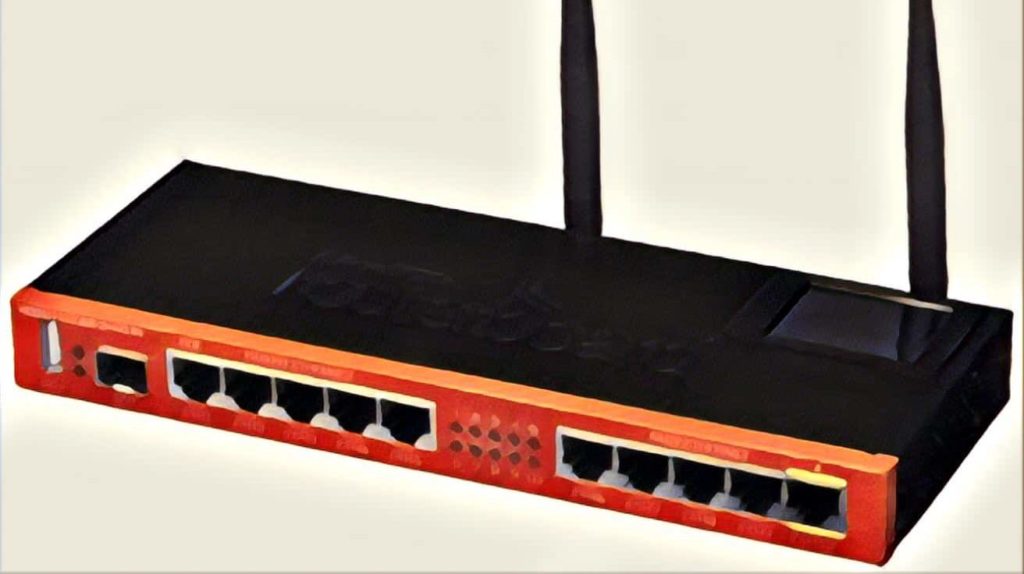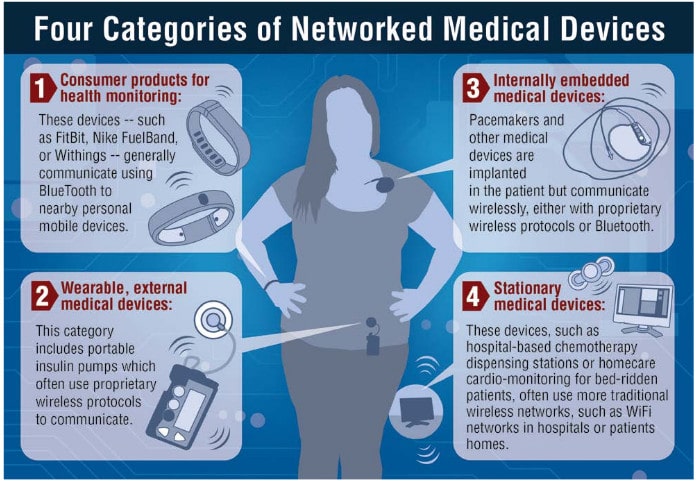In this episode of the podcast, host Paul Roberts speaks with Colin O’Flynn, CTO and founder of the firm NewAE about his work to patch shoddy software on his home’s electric oven – and the bigger questions about owners rights to fix, tinker with or replace the software that powers their connected stuff.
Tag: embedded devices
Episode 157: Do we need an FDA for Software? Also: operationalizing Threat Intelligence
Sarah Zatko of the Cyber Independent Testing Lab joins us to talk about CITL’s big new study of firmware security. In our second segment, we’re joined by Allan Thomson who is the Chief Technology Officer at LookingGlass Cyber Solutions to talk about the growing use of cyber threat intelligence and the need to evolve cybersecurity practices to keep ahead of fast-evolving threats.
Could hackers break my heart via my pacemaker? – BBC News
In-brief: A BBC article profiles an information security expert who finds herself the bearer of an implanted pacemaker, raising issues about the risks and benefits of new, connected health devices.
Please Apply Our 10 Year-Old Patch: The Dismal State of Embedded Device Security
On Friday, the firm Allegro Software of Boxborough, Massachusetts, released an odd-sounding statement encouraging all its customers to “maintain firmware for highest level of embedded device security.” Specifically, Allegro wanted to warn customers about the need to apply a software update to address two recently discovered vulnerabilities affecting its Rom Pager embedded web server: CVE-2014-9222 and CVE-2014-9223, collectively known as the “Misfortune Cookie” vulnerabilities. That patch in question was released almost ten years ago – in 2005. As reported widely last week, the vulnerabilities affecting the Rom Pager software can be found in some 12 million broadband routers by manufacturers including Linksys, D-Link, Huawei, TP-Link, ZTE and Edimax. In short: some of the most common sellers of broadband routers in the world. The security firm CheckPoint discovered the vulnerabilities and issued a report about them. (The report web site is here and a PDF format report is here.) According to CheckPoint, the Misfortune Cookie vulnerability has to […]
New Calls For A Common Hardware Vulnerability Database At Black Hat
The Black Hat briefings made its reputation as a forum for star security researchers to unveil hair raising vulnerabilities in hardware and software. But Black Hat has become a more corporate event and collaboration is much in evidence these days. The latest example: the first roundtable discussion ever held at Black Hat. Speaking on Wednesday, Don Bailey, CEO of Lab Mouse Security, and Zach Lanier, Senior Security Researcher at Duo, facilitated a lively discussion of embedded system security before a group of attendees arranged around a table with a few more chairs off to the side. Bailey asked the audience to start the conversation, and he and Lanier then moderated the discussion. The conversation started with discussion of new secure chipsets, such as ARM TrustZone, and the fact that few institutions are using them. One factor is cost. Some organizations are gravitating toward open source chipsets such as Ardinuio, which […]





